Program Overview
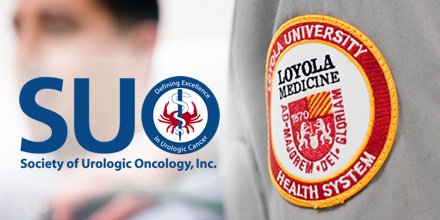
Loyola Medicine's Urologic Oncology Fellowship program is designed to prepare excellent surgeons, clinicians, researchers and leaders in academic urologic oncology.
Currently five fellowship-trained Urologic Oncologists on the faculty bring broad-ranging backgrounds, interests and extensive prior training to the fellowship program.
The fellowship takes place at Loyola University Medical Center, Gottlieb Memorial Hospital and the Edward Hines, Jr. VA Hospital, all of which are high-volume regional and national referral centers for comprehensive genitourinary cancer care.
Our faculty members are recognized nationally and internationally in clinical research, translational research and clinical trials.
Loyola Medicine's Urologic Oncology Fellowship program is accredited by the Society of Urologic Oncology (SUO).
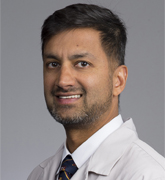
Gopal Gupta, MD
Professor
Urologic Oncology Fellowship Program Director
Program Details
Objectives
Our fellowship aims to provide comprehensive training in the evaluation and management of urologic malignancies, as well as the tools to evaluate and contribute to the research in this field.
Specifically, you will acquire advanced expertise in the multidisciplinary management of urologic cancers, including the ability to apply the critical principles of radiation oncology, medical oncology, urologic imaging and pathology.
You will also acquire advanced understanding of the biology of urologic malignancies through clinical experiences, self-directed learning, the urologic oncology curriculum and research endeavors.
Fellows will learn the important aspects of study design, biostatistics, clinical trials, data analysis, scientific methodology and laboratory research. These objectives are consistent with the goals of the SUO accrediting body
Structure
The fellowship is a minimum of two years, with the first year dedicated to research and the second year to clinical training.
Fellows are given junior faculty privileges and are extensively involved in the education of the residents part of Loyola Medicine's Urology Residency program.
First Year
In the first year, you will initiate a research project(s) under the guidance of a research mentor(s). The aims are to acquire research skills that can be applied to a career in academic urologic oncology and to make impactful contributions to the care of patients with urologic cancers. You will also have one day of clinical practice.
Second Year
The focus of the second year is development of surgical skills and clinical acumen. The surgical training is intensive and includes hands-on experience in open surgery, laparoscopy, robotic and energy-ablative techniques. One day each week is spent in the clinic, learning the intricacies of the multidisciplinary management of urologic cancers.
Throughout the two-year program, you will play an active role in tumor board conferences and the didactic lecture series, as well as the multidisciplinary cancer conference. These conferences provide a framework for learning the biology of urologic cancers and a stimulus for further investigation.
The fellowship's program director is Gopal N. Gupta, MD, FACS, who oversees the clinical and didactic components of the training program.
How to Apply
To apply to Loyola Medicine's Urologic Oncology Fellowship program, you must apply by March 1 the penultimate year of your residency.
Before starting the fellowship, you must have taken or be registered to take the qualifying portion (part I) of the American Board of Urology (ABU) exam OR be board certified by the ABU.
To apply, please email the following documents to gogupta@lumc.edu and sdisalvo@lumc.edu:
- Curriculum vitae
- Personal statement
- Two letters of reference
- This includes a letter of support from your program director attesting to the anticipated completion of your urology training and an additional letter from a faculty member recommending you for the fellowship
Meet our Faculty
Collectively, our faculty possess a wealth of clinical training and expertise, including the most current open, laparoscopic, robotic-assisted laparoscopic and ablative techniques.
Each faculty member is actively engaged in clinical and/or translational research as evidenced by the impact of Loyola publications and grants awarded to current faculty members.
Loyola urologic oncology faculty are well represented in national and international committees and are actively involved at the highest level of organizational urology. In addition, we are part of the Alliance Clinical Trials network and the Southwest Oncology Group.

Gopal Gupta, MD
Professor
Urologic Oncology Fellowship Program Director
Learn more about Dr. Gupta
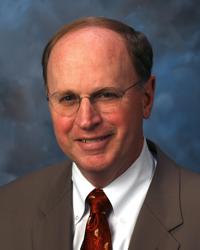
Robert Flanigan, MD
Professor
Learn more about Dr. Flanigan
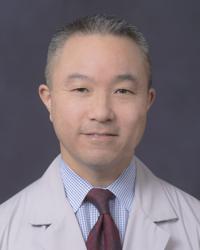
Marcus Quek, MD
Professor
Chief of Urologic Oncology
Learn more about Dr. Quek
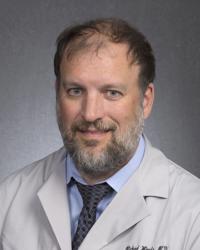
Michael Woods, MD
Professor
Medical Director – Cancer Center Clinical Trials Office
Learn more about Dr. Woods
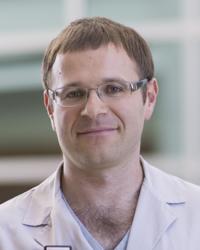
Alex Gorbonos, MD
Associate Professor
Learn more about Dr. Gorbonos
Meet our Fellows
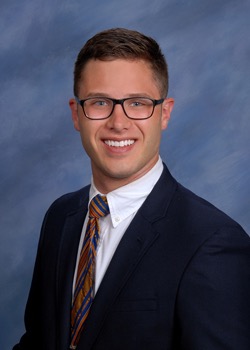
Michael Felice, MD
Current Clinical Fellow
Residency: Loyola Medical School: Wayne State
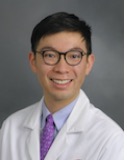
Chris Du, MD
Current Research Fellow
Residency: Stony Brook University, NY
Meet our Past Fellows
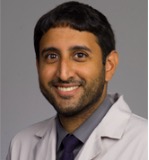
Hiten Patel, MD MPH
Residency: Johns Hopkins Medical School:
Johns Hopkins Faculty Northwestern University
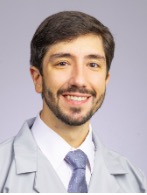
Goran Rac, MD
Residency: MUSC Medical School:
Private Practice Columbia SC
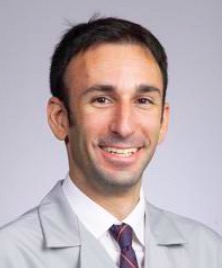
Jeffrey Ellis, MD
Residency: Einstein Medical School:
Temple Attending at Boston VA